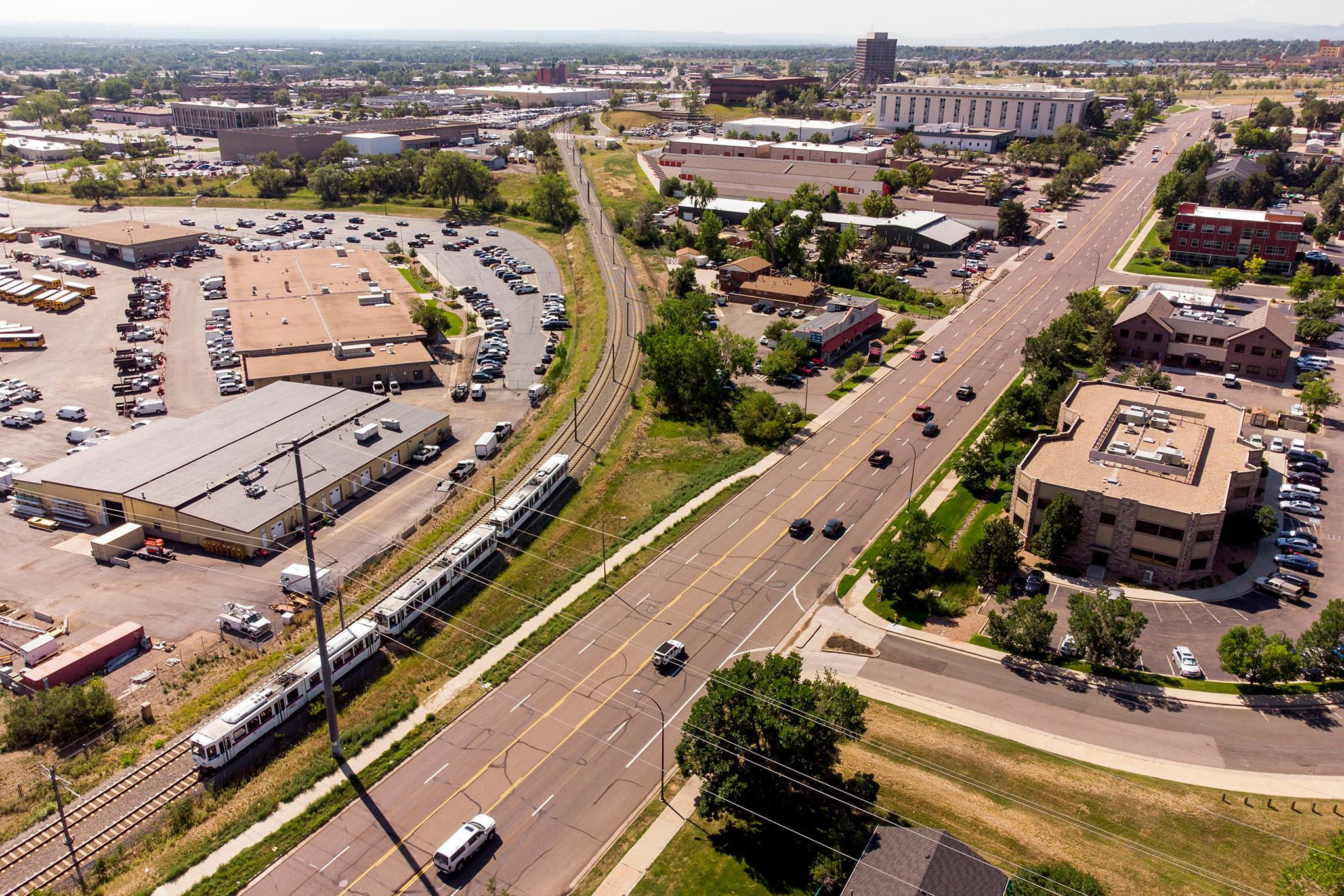
Lakewood just became the first city in Colorado to change its development policies in response to pressure from Democrats in the state legislature — but not without an intense public debate.
A new state law forbids cities like Lakewood from enforcing what it calls “anti-growth” policies. Lakewood city leaders responded on Monday by starting to undo the “strategic growth” law that has dominated city politics and reshaped Lakewood’s growth in recent years.
The council voted 8-3 to put an expiration date on the city’s growth law, setting it to disappear in two years. The change appears to put the city in compliance with the new state law, but it leaves Lakewood with the question of how it will manage growth and development as a new chapter of city politics begins.
Lakewood’s “strategic growth” law was approved by local voters in July 2019 during a special election as a way to control the construction of apartments and other housing in the city. At the time, the measure won about 53 percent of the vote, with more than a third of Lakewood voters participating.
“I can’t believe you’re even considering acknowledging that the state can override a vote of the Lakewood people,” said Cathy Kentner, a leader of the 2019 effort to pass the growth law and a candidate for mayor. Council Member Mary Janssen said the council was bowing to a “gross overreach” by Gov. Jared Polis.
For others, the end of the growth cap can’t come soon enough. Council Member Jeslin Shahrezaei said the city should be getting rid of the cap sooner, not extending it, arguing that the law’s stifled the housing supply.
“We’re in a housing crisis and I'm just having a real tough time moving through another two years [of growth limits],” she said.
Lakewood’s local growth law adds an extra layer of approvals and sets limits on how much housing can be built per year throughout most of the city.
Now, that era may be coming to an end. The Lakewood City Council on Monday voted to put an expiration date on the law, allowing the growth limits to disappear in two years.
The local action was a response to HB23-1255, a law passed by the state legislature that takes effect this week. The law says that cities cannot “explicitly” limit the number of new housing units that are built. That could apply to Lakewood’s law, which allows only a certain number of homes to be built each year throughout most of the city.
With Monday’s vote, the Lakewood growth law stays into 2026 — taking advantage of a grace period offered by the state law.
The council’s divided politics were on display during the meeting
Mayor Adam Paul and other council members wanted to hold a closed-door executive session, which they said was necessary to get legal advice in private. A minority of the council blocked that option, saying they wanted full transparency.
Some council members wanted the city to challenge the state ban instead of surrendering.
“By [fighting for the growth law], we put ourselves solidly behind the clearly stated wishes of our voting public,” said Councilman Charley Able.
Supporters of the Lakewood growth law say that it was only meant to shape development, not stop it. Some argue that it has not harmed the housing supply, since the city has not actually grown fast enough for the cap to take effect. They also pointed out the law makes allowances for affordable housing, which no developer has taken advantage of.
“It’s not anti-growth, it has never been anti-growth, and if it was anti-growth, there wouldn’t be anything being built — and we have things being built all the time,” said council member Rich Olver. Instead, he said it was a way to slow a “runaway train.”
The law has had a clear chilling effect on housing construction, said planning director Travis Parker in an earlier interview. The city isn’t hitting the growth cap because developers, fearing bureaucratic uncertainty, simply aren’t proposing projects in the affected area, he said.
About 220 building permits were approved last year in the areas affected by the growth law, which covers the vast majority of the city. Practically all of the units approved in the growth-cap zone have been single-family homes, Parker said, including areas that might have seen more intense development, such as Wadsworth Boulevard, Union Boulevard and Academy Park.
“Absolutely, all of the multi-family zone areas that aren't blighted have seen a virtual standstill in [residential] development since 2020,” Parker said.
Meanwhile, development has continued at a faster pace in the city’s few redevelopment zones — largely along Alameda and Colfax Avenues — where more than 600 units were permitted last year.
Lakewood resident Brian Holman said that if the city wants to address the issues at the heart of the growth fight— open space, affordability, traffic — it should try more specific approaches, like building parks and transit.
“We can’t solve these issues caused by growth by simply limiting it within our own city borders,” he told council.
At the request of council member Anita Springsteen, the council added language disputing the idea that their local law was anti-growth, even if the city is now on track to abolish it.
Council members Able, Janssen and Springsteen voted against ending the growth law.
What about Boulder and Golden?
Boulder has famously had a similar law for years, but city staff said that it’s effectively obsolete and no longer has an effect. A city spokesman earlier said that it would probably be abolished at some point.
Officials in Golden, which also has a growth cap, said they were awaiting legal advice.








